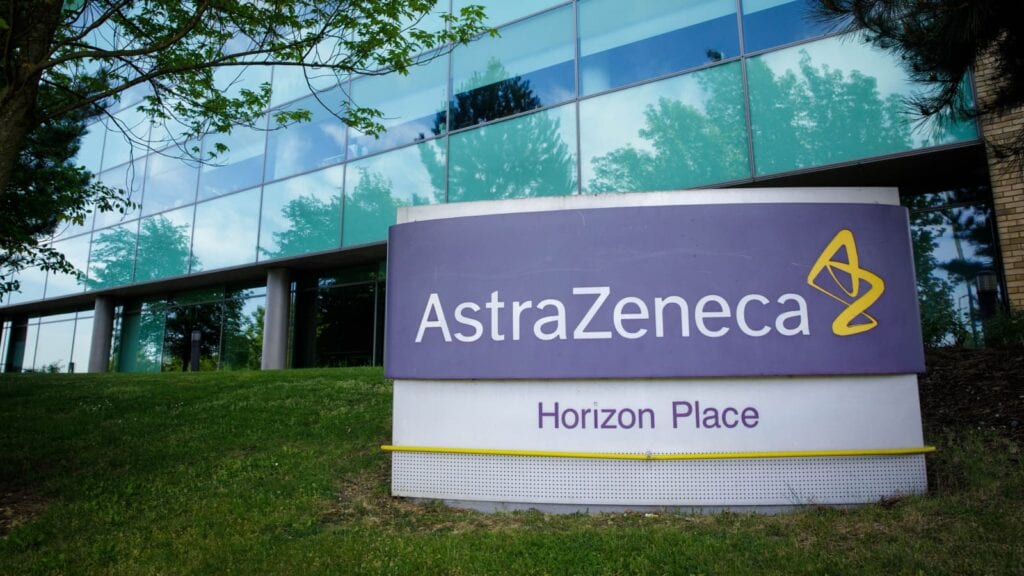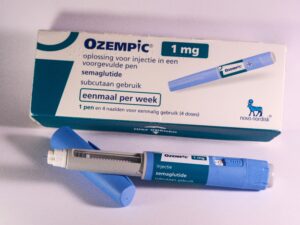Doubt has been cast on the results of Astra Zeneca’s Phase 3 clinical trials last week, which claimed an overall efficacy of 70 percent.
AstraZeneca/Oxford’s AZD122 COVID-19 vaccine will undergo a new global trial as scientists questioned the assertion that it could protect up to 90% of people against the SARS-CoV-2 virus.
On Thursday, November 26, Pascal Soriot told Bloomberg News, “Now that we’ve found what looks like a better efficacy we have to validate this, so we need to do an additional study.” Soriot added that the new global study would take less time than the previous trials because fewer participants would be needed since a higher efficacy had already been established. Soriot also stated that instead of adding the trial to an ongoing U.S. process, AstraZeneca might launch a new study to evaluate a lower dosage of its vaccine that performed better than a full dosage.
The news of the global trial came after the company announced on Monday, November 23, that the overall efficacy was 70 percent. However, by accident, fewer than 3,000 people in the UK were given a half-dose dose for the first inoculation, and the efficacy rose to 90%. In most trial volunteers in Brazil and the UK, efficacy was only 62%.
Furthermore, Sir Mene Pangalos, AstraZeneca’s head of biopharmaceuticals R&D, has confirmed that the low-dose trial did not include anyone over the age of 55. This has led to concerns that the younger age of the participants in the trial may have been a factor. This is especially relevant given that elderly people are most at risk from Covid-19.
Critics have also claimed the trials did not include enough diversity, of ethnicity, gender, and age, to satisfy the U.S. Food and Drug Administration.
Scientists at Oxford and AstraZeneca admitted they were surprised by the finding that a lower dosing regimen achieved higher efficacy. Pangalos called it “serendipity.”
Peter Openshaw, professor of experimental medicine at Imperial College London, said more data would need to be collected if the half-dose segment of the clinical trial involved no one over 55.
“If this is true, it may mean we don’t have any information about this regimen in older adults,” he said. “We have to wait for the full data and to see how the regulators view the results of the phase 3 trials. The U.S. and European regulators might possibly take a different view. All we have to go on is a limited data release.”
A spokesperson for AstraZeneca told the press that an independent safety board will weigh in on the quality of the trials.
“The studies were conducted to the highest standards,” it said in a statement. “More data will continue to accumulate and additional analysis will be conducted refining the efficacy reading and establishing the duration of protection.”










